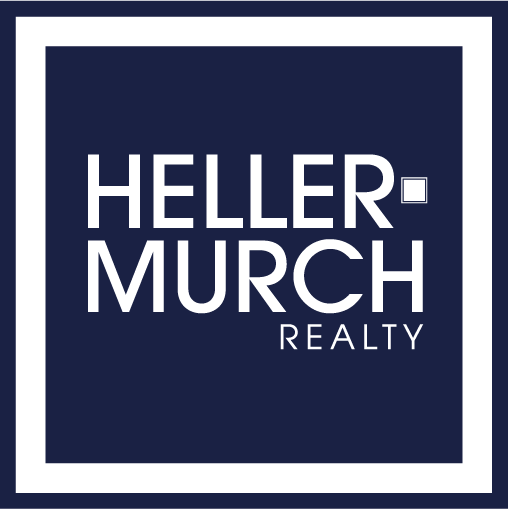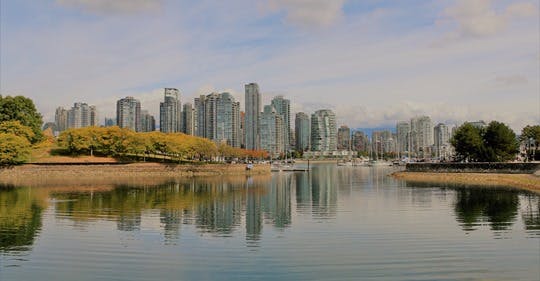Vancouver is doubling down on the success of its vacant home tax…well, tripling down, technically. The Vancouver Empty Homes Tax (EHT) will be tripled from its original rate for the 2021 assessment year. The tax, which places a penalty on underused homes, was put in place to help encourage more efficient use.
Vancouver Empty Homes Tax (EHT)
Vancouver real estate’s notoriously low property tax rate made it ideal for carrying vacant property for a long period of time. In order to discourage this kind of behaviour, the City joined other places like Paris, in taxing vacant homes. The tax reduces the cost effectiveness of vacant speculation, forcing owners to decide if they really want to carry the empty home. There’s some notable exceptions, like if the home is a principal residence or rented for 6 months. However, generally it helps to close the inefficiency created by the low rates that attract yield chasing.
Vancouver To Tax Vacant Homes At 3%
Vancouver plans on tripling this tax for next year. Council voted to increase the vacant home tax to 3% of the assessed value for 2021. The rate last charged was 1% in 2019, and it’s slated to increase to 1.25% in 2020. The aggressive measures are likely to cause empty homeowners to really think about whether those empty units are worth it.
Hundreds of Vacant Homes Are Now Being Used
The City’s vacant home tax appears to be making a big impact, with the total number of units falling. In 2017, the first year the City had a vacancy tax, there were 2,538 homes found vacant without exception. By 2018, that number fell to 1,989, and finally down to 1,893 in 2019. When including the number of exempted homes that transitioned to tenanted use, this added over a year of housing supply. Although the low rate of, or negative, price appreciation also tends to contribute to more efficient use as well.
The tax revenue generated is also raising cash for the City, which is being used to fund affordable housing. In 2017, the City collected $33 million from vacancy taxes. As use improved, the revenue fell to $23.3 million in 2018. Last year, that number increased to $27.9 million, despite fewer vacancies. This would imply more expensive homes are being left vacant, potentially also helping with affordability.
The tripling of the tax might seem like Vancouver’s politicians just have big hearts, but it may be the City getting ahead of bigger problems. The pandemic’s acceleration of work from home (WFH) and shuttering of local shops has lessened the importance of expensive urban hubs. So far this has been a big gain for the suburbs, and more affordable cities. Without more incentives, such as more affordable housing, the long-term viability may be impacted. No one wants to live in a City with expensive and hard to find housing, to be next to Starbucks, when they’re paid the same to work anywhere now.



